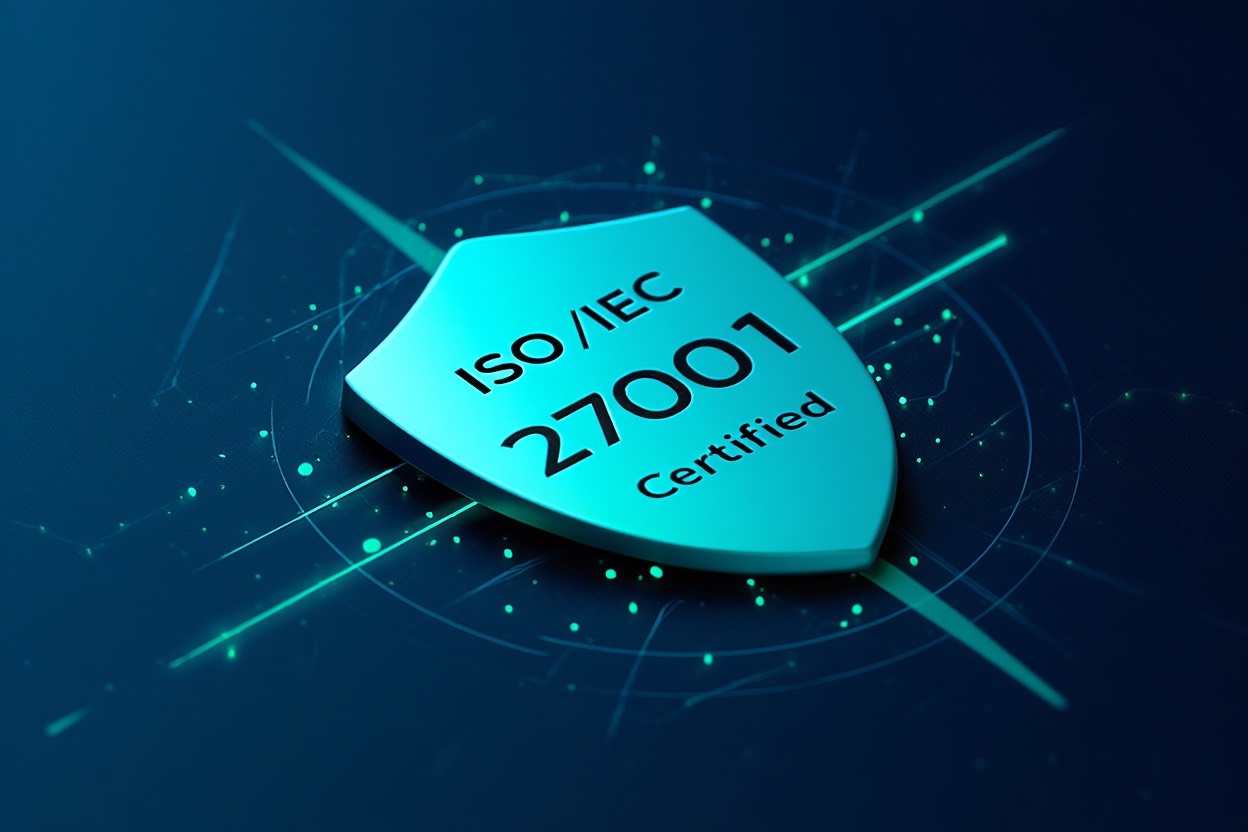When Sachin Sood was in college at UC Irvine, a friend asked him what he planned to do with his economics degree. In retrospect, Sachin now knows, “You can’t do s*** with economics, quite frankly, unless you’re an East Coaster who wants to go into banking,” but as a 20-year-old college student, Sachin responded confidently. “I said, ‘I want to be a CFO,’” he remembers, grinning. “No joke.”
In the two decades since graduating, Sachin has taken a winding path to the CFO chair at CRV, the venture capital firm that invests in early-stage enterprise and consumer startups. “Now, did I know what CFO meant while at UC Irvine? Hell no. I had no idea what a CFO was going to do at that point,” Sachin says, laughing. “And now, in retrospect, it's completely different than I ever anticipated. But I knew I wanted to go down this route.”
Like most career paths, the route only looks linear when seen through the rearview mirror. “Economics went into tax when I took the job at PwC. Tax went into a finance operational role when I was a controller, and that actually ended up changing to more global thinking and finance models at e.ventures,” he explains. “And Social Capital was a completely different mold altogether.”
Since entering the workforce in 1999, Sachin’s “done a little bit of everything.” As he explains it: “For me, it's been hop, skip, jump.”

A Foundation in Taxes
Sachin credits a lot of his success in investing and venture capital to his time working on the tax side early in his career. He began at PricewaterhouseCoopers (PwC) as an associate before moving to the role of Tax Manager at Delloite and Controller at Saints Capital. Those 8 years getting deep on tax allowed him to understand the foundational aspects of alternative investments such as venture, private equity, and hedge. “Taxation is the fundamental basis of a lot of what we do, especially in venture,” he says. “When government creates a tax credit, you'll see more money going into that type of business because companies know there's a tax incentive behind it. So, tax drives a lot of what we do. People just don't notice it sometimes, but it's critical.”
While so much of the focus for pre-IPO companies is on valuation, those numbers are projections for shareholders. Taxation at the time of an IPO is the tangible reality for a VC firm. “People will mark up portfolios and down portfolios in this market, but it doesn't mean anything,” he says. “At the end of the day, it's all about when you exit, what price do you exit, when do you sell it at, what do you IPO at? You want to ensure that when there is an IPO window and there is an exit, it's structured properly to give the best tax structure.”
His background in the fundamentals of economics and his years on the tax side has allowed him to remain laser-focused on the tangible reality. It’s the superpower that’s allowed him to thrive in his role as CFO. “I had an economics background. I went to work at a tax firm. I did portfolio management at Saints; a lot of it. And then I went to Social, where I did a little bit of everything, including working as a CCO at a RIA and sharpening legal skills,” he says. “Now, I’m in a role where all the skill sets are needed.”
The Five Types of CFOs
Over the last seven years, Sachin has been on the finance side at the global investment fund e.ventures, at Social Capital, and now at CRV. His time as VP of Finance at the two former companies and as CFO at his current company has allowed Sachin to dive deeply into the wide breadth of leadership styles across the tech world. “The investment side is all about learning,” he says. “At times, it's not just about one business that you learn; instead, you have to figure out how that business works across the different companies that focus upon. Each sector is so different. It's so nuanced.”
But from his bird’s eye view, he’s identified what he likes to call “the five types of CFOs.” First, there’s the startup CFO, who is involved across many different slices of the company and must be a master of shareholder desires, cap tables, and much more. Next, there is the small-business CFO, who has to have a mastery of all that but also have a specialty that is specific to the company’s focus. The medium-sized CFO who takes on the role of scaling the business — they are a strategy specialist. “Then you'll have a division CFO at a public company, and finally the public company CFO,” Sachin explains.
“What we end up seeing is, in the early stages of the company, you usually won't hire a CFO. You will hire an external firm to help you scale. You’ll hire a CFO when you have the breadth and the vision and when you have scale. The best way to say this: you have revenue, at that point, you bring the CFO,” Sachin says.
But how do you select the correct CFO for your growing business? “It really depends on what the CEO of the firm is looking to do,” he says. “If you're looking at an exit, you're bringing someone a bit more strategic. You're bringing a banker who has a better understanding. And then if you're looking for an IPO, you bring in somebody who actually understands the business in the long run.”
The real key is for both the CEO and CFO to understand the job of the Chief Financial Officer. “Quite frankly, a CFO’s job is just to know facts. At the end of the day, I always explain: ‘I present facts; it's up to you to make a decision,” he says. “If you want my opinion, I'm happy to provide it because I always have an opinion. But first I present the facts. This is what you're spending. This is what the org is struggling with. This is where costs are compared to our competitors. Ultimately, those choices get brought up to the CEO and then eventually a board member.”
Delegation Can Power Strategic Thinking
When Sachin first started as CFO at CRV, people kept asking him why he was always reading. He explained that to do his job well, he needed to dive deep into the weeds to fully understand as many aspects as possible of the core business. But now four years into his role, he’s come to understand the power of delegation. “It was really tough for me to be strategic because I knew I first had to learn the core business,” he says. “That’s why you have to rely on another partner. You have to rely on your controller. You have to rely on various controllers or people that are specialists.”
Today, Sachin works closely with two controllers: one who is a tax specialist and the other who is a portfolio analyst who is a data analyst. Each controller can focus full-time on their specialties, ensuring every aspect of their slice of the business is perfectly in order. “I have people that specialize in specific components because I can see the value of having experts in the weeds,” Sachin says. “They're going to be better at that than I am, quite frankly.”
Because Sachin worked in a controller role earlier in his career, he respects the value of great controllers. “It’s rolling up your sleeves. It’s ensuring the fact that your books and accounting records are in place, so there are no surprises at the end of the day,” he says. “They can allow the CFO to focus more on strategy, on thinking ahead, on tax savings, on thinking about how your portfolio is affected, and what the CFO can do to help out your portfolio companies. A great controller opens up a CFO’s mind to do more deep, strategic thinking.”
Catch up on the latest news and updates
Subscribe To Our Newsletter
Insights on R&D tax credits and AI innovation delivered to your inbox every month.







